As one of the emerging technologies, Artificial Intelligence (AI) has transformed every industry, and healthcare app development is no exception. In today’s times, the healthcare industry witnessed a major revolution after adopting AI technology and harnessing its power to personalize services. The major aspect of this technology is patient-centric care.
Today, AI software development services have made the concept of one-size-fits-for healthcare solutions irrelevant by introducing a new era where medical services are personalized to the unique needs and preferences of every individual. It has redefined the approach and mission of many healthcare service providers.
Patient-centered healthcare, empowered by AI, places patients at the heart of their healthcare journey. It focuses on predictive diagnostics, tailored treatments, and enhanced overall experiences. The Great Shift aims to revolutionize healthcare results, minimize healthcare costs, and improve patient satisfaction.
What is Patient-Centric Care?
Also famous as patient-centered, patient-centric care, as mentioned above, is an approach that advocates placing the patient at the center be it for healthcare plans or decision-making processes. It favours the concept that every individual patient is unique and has his/her own set of preferences, medical history, needs, and values. This kind of approach generally contrasts with the traditional healthcare model that focuses on standardized treatments and diseases.
Some of the key factors of patient-centric care include;
● Holistic approach
● Individualized Care Plans
● Shared Decision-Making
● Empowerment
● Continuous Communication
Top 10 Ways AI Contributes to Personalizing Healthcare Services
1. Remote Patient Monitoring
In today’s times, we can easily come across several AI-powered apps and devices developed by a leading AI app development company that drive the possibility of analyzing the condition of patients remotely. Most wearable devices like fitness trackers and smartwatches can indeed collect health data, including blood pressure, heart rate, sleep patterns, oxygen supply and more.
An Artificial Intelligence development company offers solutions that empower real-time data analysis, enabling healthcare providers to detect deviations from normal patterns. This kind of proactive approach enables early intervention and also minimizes the requirements for in-person visits, specifically with patients suffering from chronic conditions.
2. Fast and Accurate Diagnosis
AI-powered apps developed by a professional AI app development company are doing wonders in healthcare diagnosis. Machine Learning (ML) algorithms can observe vast amounts of patient data, including images, medical records, and genomic information, to aid early detection of diseases.
For instance, AI empowers healthcare companies to examine scientific pictures to highlight abnormalities. These clinical images encompass MRIs, X-rays, CT scans, and more, whilst upholding excessive precision. It no longer diminishes the chance of misdiagnosis however, it additionally expedites proper remedy.
3. Telemedicine and Virtual Consultation
Telemedicine garnered recognition, particularly in the course of the outbreak of the COVID-19 pandemic. Technology advances telemedicine by furnishing amazing gear for more customized and efficient virtual consultations. AI-powered chatbots embody the functionality to build up critical data from patients, instantly provide clinical recommendations, or even time table consultations with human fitness experts. Virtual interactions are improving healthcare service providers’ ability to gain a deeper understanding of patient needs and cater to their unique requirements.
4. Personalized Treatment Plan
Once healthcare specialists finish the assessment process, they can use AI to formulate individualized treatment plans for patients. By reading genetic composition, medical records, possibilities, and way of life, healthcare experts can achieve recommendations from AI algorithms regarding most desirable remedies that can maximize effectiveness and lessen aspect results.
5.Timely Medicine Management with Smart Apps
AI development services providers create AI-enabled apps that possess significant ability to assist patients in adhering to prescriptions. These apps entail capabilities like sending reminders, presenting academic materials, and incentives to inspire adherence.
6. Personalized Medication Recommendation
Medication adherence poses a significant challenge in healthcare, yet Artificial Intelligence supports personalized medication management through tailored recommendations. Healthcare professionals gather patient’s medical history, potential drug interactions, genetics, and more to ensure patients get the best treatment while reducing the side effects.
7. Get Behavioral Insights
Healthcare professionals must understand the behaviour of patients, which is necessary for effective healthcare solutions. AI has a vast ability to analyze patient data to recognize trends and patterns in behaviour that tend to affect health outcomes. For instance, an Artificial Intelligence development services provider creates AI-powered apps that notify patients when they miss an appointment or stop taking medicine. It enables healthcare service providers to intervene actively to address these types of issues and thus also boost patient engagement.
8. Personalized Health Education
When focusing on patient engagement, the key objective is to improve health outcomes. Artificial Intelligence has immense potential to provide fully personalized health education resources tailored to match the underlying condition of patients, learning styles, and preferences. These resources include videos, articles, and various interactive modules that enlighten patients by providing them with the necessary knowledge and also help them make fully informed decisions related to their health.
9. Targeted Drug Development
AI has made a significant impact in the pharmaceutical industry. The technology accelerates the process of both drug discovery and development. With AI algorithms, it becomes easy to analyze the huge amount of datasets to find potential drug candidates and predict their efficacy.
This personalized approach facilitates drug development, targeting specific biomarkers and genetic mutations, offering highly effective treatments for diseases that were previously challenging to cure.
10. Clinical Trial Optimization
AI’s influence on personalizing healthcare services takes yet another form. The technology brings the possibility of optimizing hospital trials by aligning potential candidates based on their clinical histories and genetic profiles. It enhances the drug development process and ensures that clinical trials yield personalized and relevant results.
The Promising Future of AI-Powered Patient-Centric Care
With AI’s increasing prominence in the healthcare industry, the future of patient-centric care appears exceptionally promising. Some of the future trends that are expected to gain the ground include:
1. Genomic Medicine
Artificial Intelligence has made it possible for healthcare professionals to interpret genomic data, which enables them to develop a fully personalized treatment plan for every patient according to their genetic profile.
2. Personalized Mental Health Care
Today, numerous AI-based chatbots and applications offer entirely tailored solutions and assistance for individuals coping with challenges such as mental health issues.
3. Patient-Generated Health Data
With the rapid adoption of health apps and wearable devices, patients find it convenient to generate additional health-related data, and AI ensures the optimal utilization of this data for self-management and personalized care.
4. Interoperability and Health Records
AI possesses the immense capability to enhance electronic health records interoperability, ensuring patient data is readily accessible to a wide range of healthcare providers, thus enabling more informed decision-making.
AI’s Power in Healthcare: The Path to Informed Decisions
The fact can’t be denied that patient-centric healthcare app development powered by AI brought a noticeable change by focusing on an individual’s needs and preferences. AI drives transformation in various ways, be it for predictive analysis, personalized treatment plans, or remote monitoring. Meanwhile, there are various challenges in terms of bias, privacy, or ethics. As this technology continues to evolve, the healthcare industry is poised to make significant advancements in the near future.

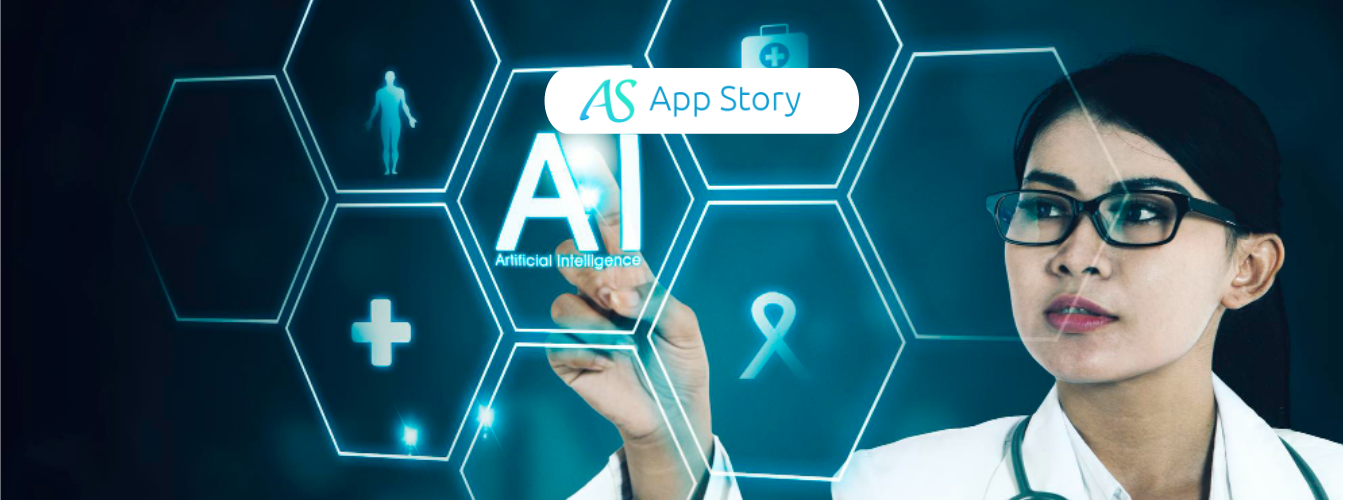
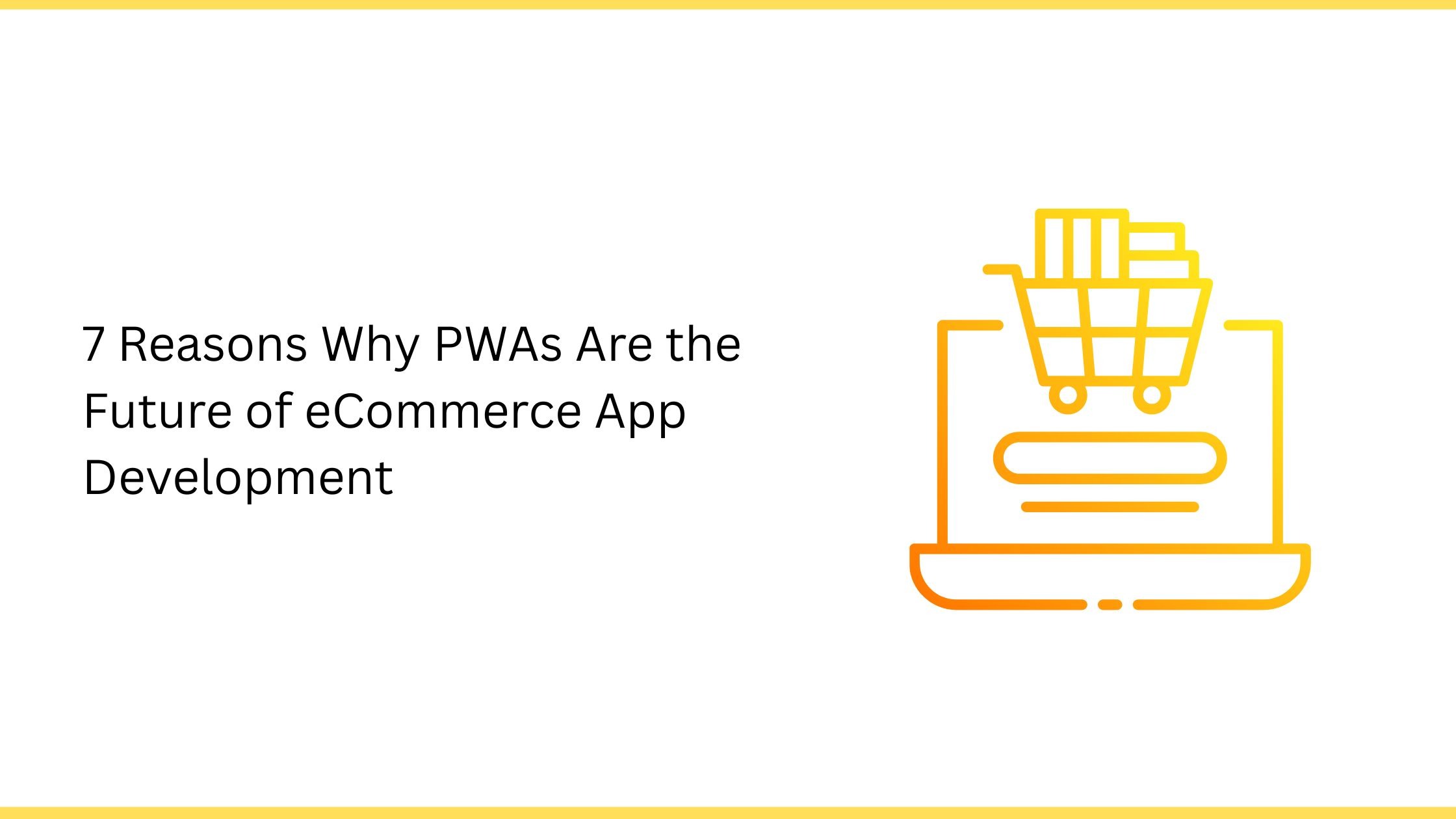
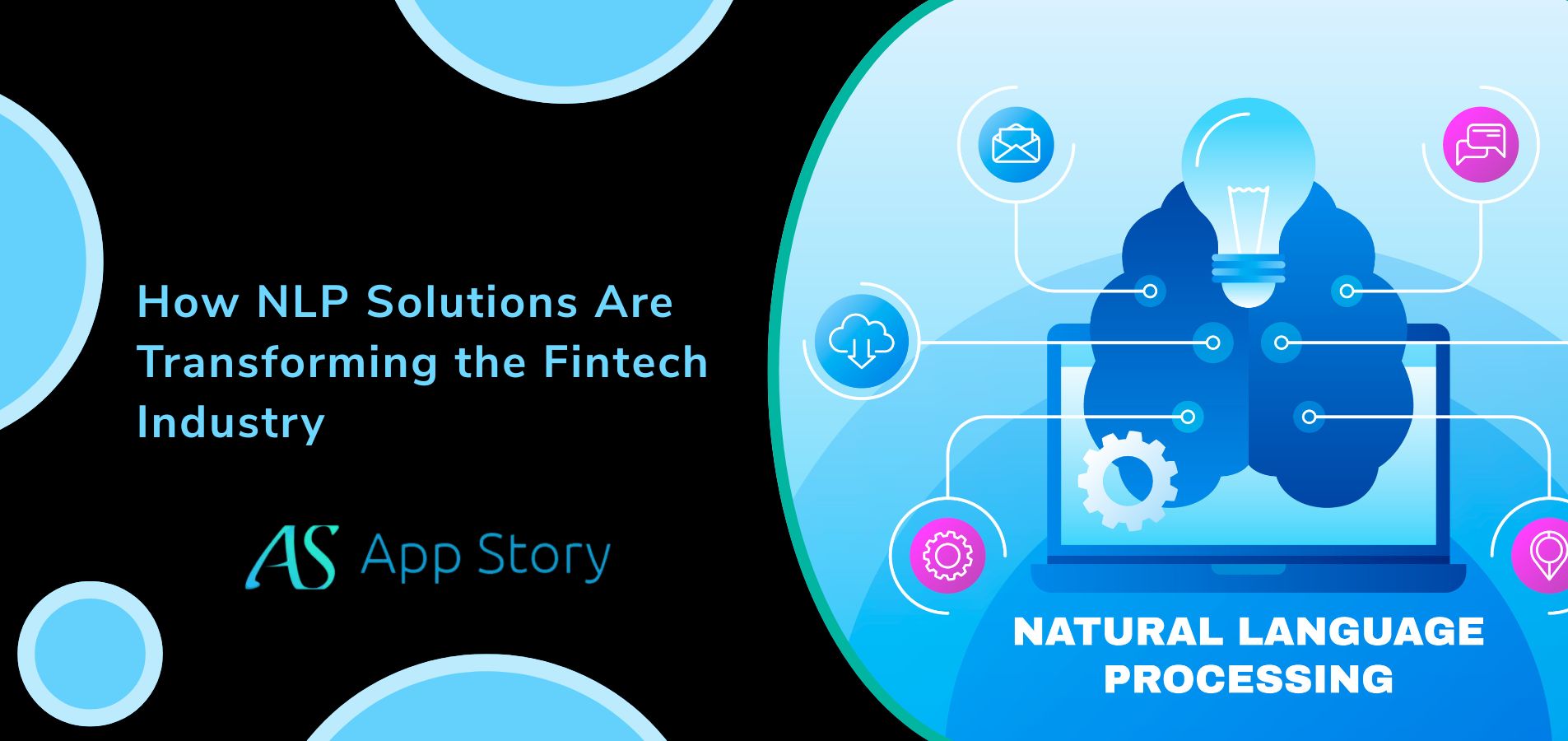
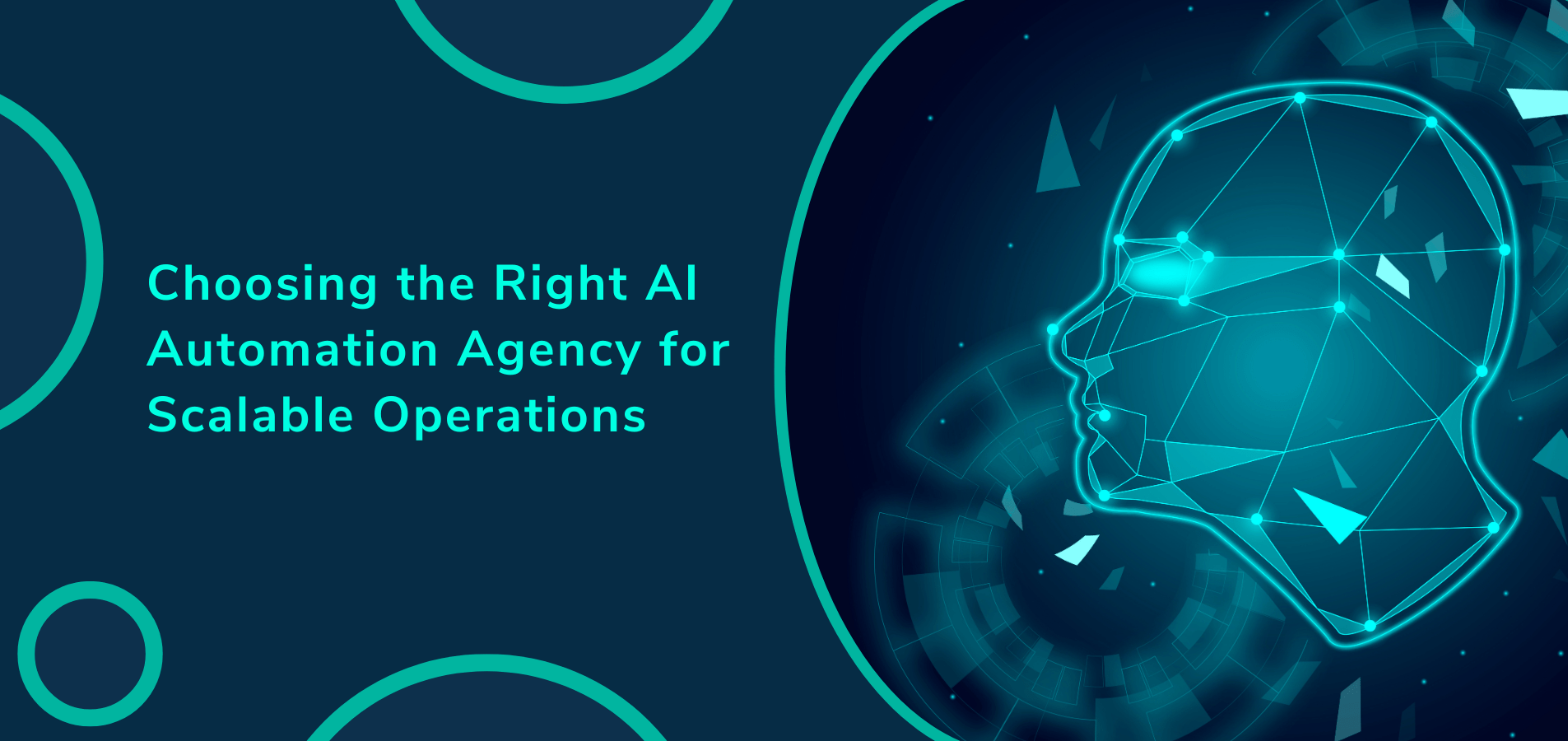
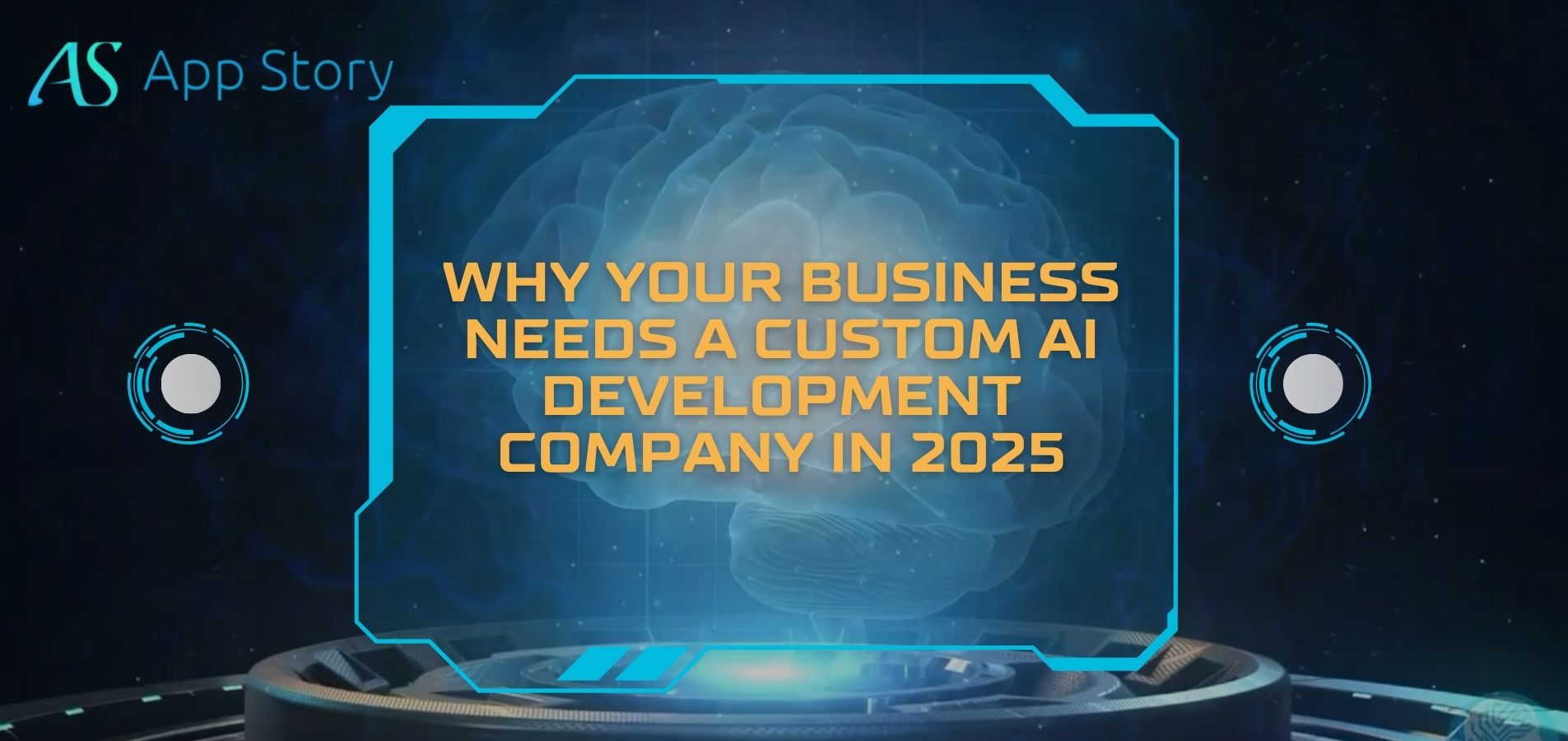
 United States
United States United Kingdom
United Kingdom India
India Canada
Canada Singapore
Singapore















![10 Benefits of the Internet of Things You Should Know [2025]](https://www.appstory.org/wp-content/uploads/2025/03/ATS-10-Benefits-of-the-Internet-of-Things-You-Should-Know-2025@2x-80x60.png)




















